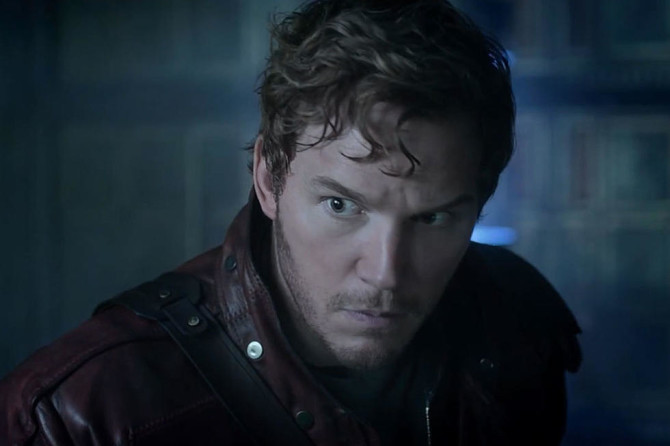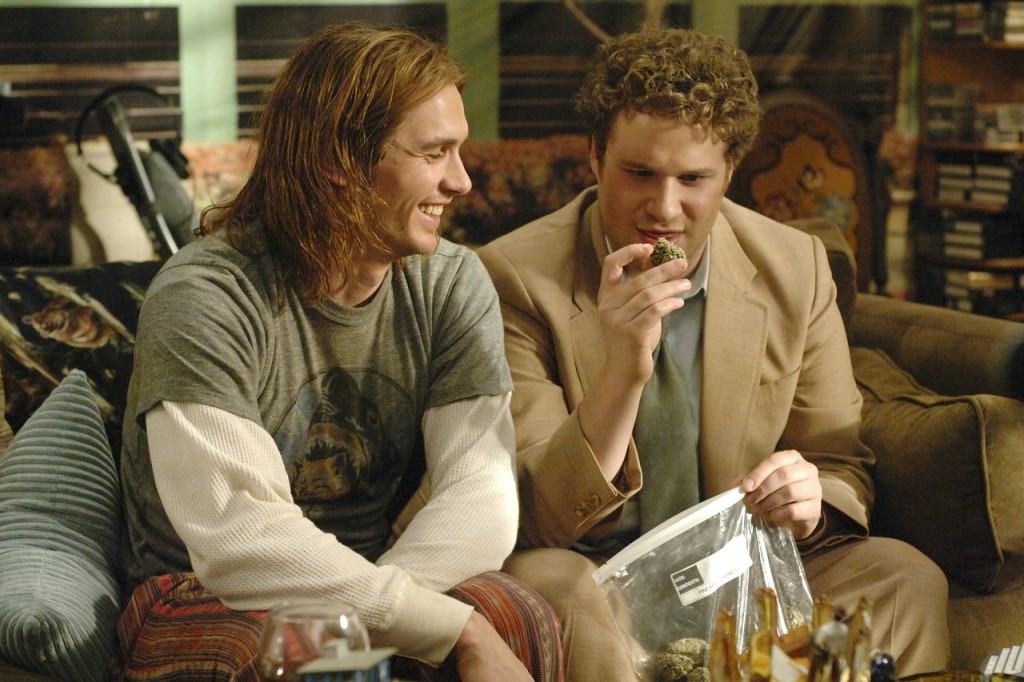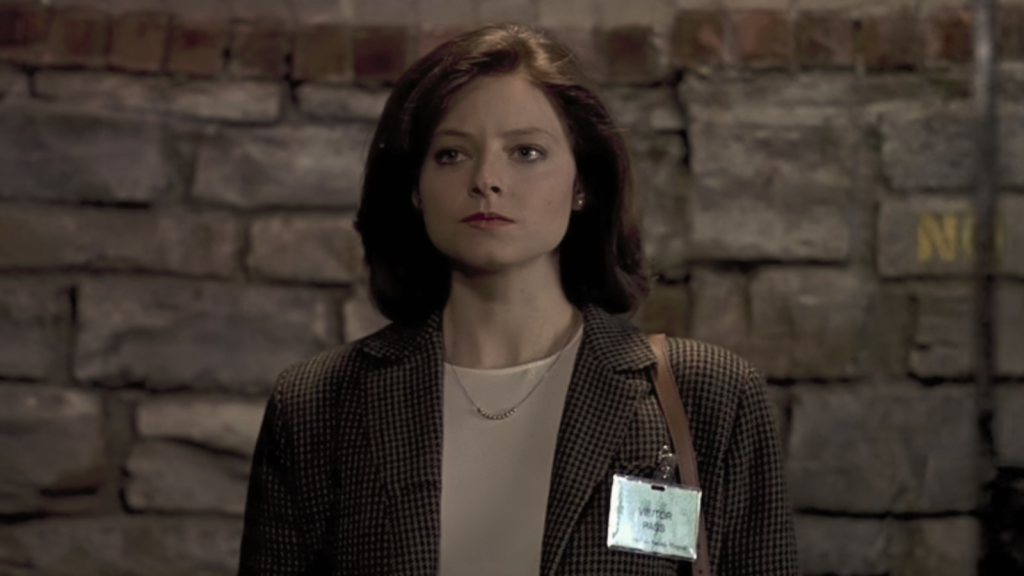I was SO BORED by yesterday’s script that I haven’t been able to stop thinking about it. Not just about how bad the script was. But the bigger question of: what is it that makes a script boring in the first place? If we could figure that out, we’d all be millionaires. Because the large majority of scripts are boring as s%$#.
There are a lot of factors that go into a script being boring. If your main character is boring, for example, it’s nearly impossible to make the script entertaining. But as I began to think through all of my favorite movies, one of the things that kept popping up was that the characters were always pushing us forward in some way. Now I know this is common advice but I don’t think people get into the details of why this is important or what it actually means. So that’s what I want to explore today.
I was reading an action script Saturday that was really good. And one thing I noticed was that the characters were always racing towards the next scene. Every scene, the hero had a clear physical goal they were after. And I thought to myself, “This is the secret! As long as you have a physical goal in every scene, your characters will always be moving forward. The script will always remain active.”
But then the obvious hit me: Not every script is an action script. And I’ve read plenty of non-action scripts that I liked. Heck, one of my favorite movies of the year is Parasite, and it’s 95% talking scenes. So what is it that they’re doing that keeps me just as interested despite the fact that the characters aren’t always racing towards a goal?
The answer came to me as I was reading another, more talky, character-driven script. In an early scene, two characters were talking while watching TV, and I was bored out of my mind. It wasn’t hard to figure out why. People watching TV is a passive experience. Sure, they’re talking to each other while watching the show and we’re getting some insight into their relationship. But as a scene, it was boring.
What I learned in that moment was that in addition to not being after anything physical in the scene, the characters weren’t VERBALLY after anything either. Neither character wanted anything out of this conversation. It was more a passive exchange of thoughts and information. And that’s when it became clear to me. In talky genres (drama, comedy, slow-burn thrillers, horror), your talky scenes should substitute PHYSICAL GOALS for VERBAL ONES. That way, the scenes still feel like they have a purpose.
A way to accomplish this in this scene is to have your HERO walk into the room with a goal. Let’s say he wants to borrow his roommate’s car so he can go on a date tonight. But the roommate is obsessed with his car so it’s going to be tough to convince him. Now, you have the exact same scene – two people talking while watching TV – but the scene has a new energy behind it because a character actually wants something.
Now let me make something clear. There’s no law that says passive scenes never work. I know, for example, that if you put great characters in a passive scene, it might be entertaining solely because we like listening to these characters talk. Their chemistry is entertaining all by itself. But I can tell you this. If you do this consistently throughout your script, your screenplay will be boring.
There’s a major pitfall in this approach that writers often get wrong. They assume achieving THEIR GOAL is the same thing as a character GOING AFTER THEIR GOAL. Let me explain. In the roommate scene I mentioned above, the writer may have thought, “I need a scene to establish the relationship between these two roommates.” That’s THE WRITER’S GOAL. So they write a scene where the roommates have a conversation, after which they go their separate ways. The writer believes he’s just written a good scene because he’s achieved HIS GOAL. And yes, the reader does have a better feel for the roommates’ relationship. The problem is, the writer forgot about the CHARACTER’S GOAL. And that’s the priority in every scene. Not what you need to do to make your story work. That should always be secondary to what the characters need to do to keep the story moving.
Let’s dig a little deeper into this because it’s important. It can be hard to figure out a goal in a scene if it isn’t physical. When you’re writing Guardians of the Galaxy and they head into Liplip’s Lair, it’s super clear what needs to happen – they need to retrieve the Idol of Blargorg. That’s a physical goal.
But let’s say that scene is over and Peter Quill is hanging around with his buddies in the ship. There’s no more Idol of Blargorg to retrieve so what is the scene about? An inexperienced screenwriter will think, “This is the time when I just have a lot of funny dialogue between the Guardians.” Hopefully, since you’ve started reading this article, you know this is the wrong way to go. We need a goal.
To give talking scenes a goal, you can utilize one of four options. Your hero has an overt goal. Another character in the scene has an overt goal. Your hero has a hidden goal. Another character in the scene has a hidden goal. Sticking with our Guardians example, we’ll give Peter Quill the goal and we’ll make it overt. “We need to go confront Thanos now.” Peter’s goal is to convince everyone to go confront Thanos. Nobody else thinks this is a good idea. So Peter has to make his case. And that’s how you write a scene with purpose.
You could also give Peter this goal but make it hidden. He wants to confront Thanos but he knows if he says so out loud, nobody will go for it. So instead, he’s trying to steer the conversation in that direction and help the others come to that conclusion. Rocket Raccoon says, “We should head back to the prison… recruit some more soldiers.” Peter replies, “Yeah but aren’t we just spinning our wheels if we do that. Shouldn’t we be focusing on tackling the actual problem?” Gamorrah chimes in. “I know a few people in Corchoran City.” “Yeah,” Peter replies, “but we’re running out of time.”
My dialogue is pretty bad there but the important thing is that Peter HAS A GOAL. What you’re trying to avoid is a character who doesn’t have any objective in the scene at all. As long as he has a goal, whether he’s keeping it to himself or not, we feel like the scene is HEADED SOMEWHERE. If a scene in your script feels dead, it’s likely because you don’t have this simple structural hack in place.
Now the nice thing about movies is your hero doesn’t always have to have the goal as long as someone else in the scene has the goal. A bad guy robbing a bank drags our protagonist bank manager to the vault and demands to know the code. Our hero doesn’t have the goal in this scene but the scene is still entertaining because SOMEONE has a goal.
Some of the most powerful scenes in cinema are when both characters in a scene want a goal badly. This is one of the reasons Silence of the Lambs is such a great movie. Clarice goes into every scene with Hannibal desperate for a new clue (her goal). But Hannibal never gives it to her unless she gives him something first (his goal). When you feel that amazing tension – that charge – when you watch these two in a scene? That’s where it’s coming from.
You’ll also notice that scenes play better the more that’s at stake. You could certainly write a scene where one character wants bubblegum from another. Technically there’s a goal. It might even be interesting if the other character only has one piece left. He may say, “What are you going to give me for it?” And now you’ve got some conflict to build your scene around. But that scene is never going to play as strongly as Clarice needing clues from Hannibal Lecter because Clarice needs those clues to save a woman’s life. The stakes are much higher.
All of this is to say that BOREDOM is often the result of a series of scenes where nobody wants anything. The writer has put THEIR STORY GOALS above CHARACTER GOALS. And so it seems to them like they’re achieving something. But in reality, the reader is getting a bunch of filler which allows the writer to take them from one plot beat to the next.
If you’ve ever felt like your script (or parts of your script) is boring or slow or “dead” or doesn’t have enough pop – go through every one of your scenes with this article in mind. Chances are, there are large chunks of your script where characters don’t have any goals.
Hope this helps!




